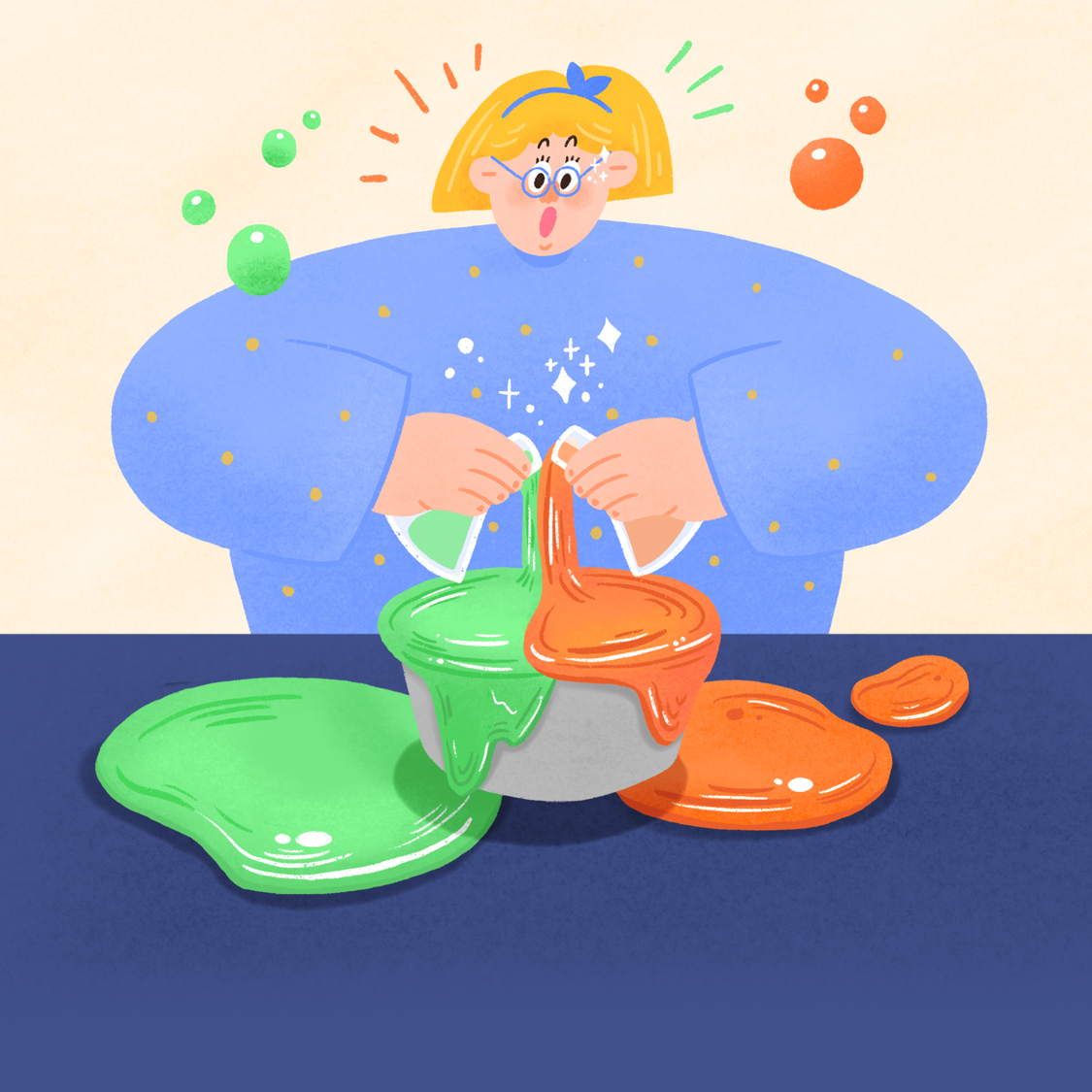Purpose
Most women can physically and mentally feel that their menstruation is approaching. The unpleasant feeling always tends to be right. Mainstream media and social cultures often portray the emotional changes experienced by women during menstruation as “personal” and “brutal” but the reality is different. PMS is natural that occurs by an interaction between hormones and may develop into a disease that requires medical treatment depending on the severity. Let’s realistically and objectively understand the emotional changes that can happen to women before menstruation. It can become a way to understand your own inner world.
My Cycle and My Emotions
✔️ Premenstrual Syndrome (PMS)
- Definition
Premenstrual syndrome (PMS)
The assembly of physical and emotional symptoms that start a week before menstruation. Many don’t feel well, easily get tired, and feel pain before menstruation. Especially in the emotional aspect, there can be mood swings. Emotional changes in PMS are common and the most serious symptom.
- Causes
Modern medicine has not clearly identified the exact cause of PMS. However, there is speculation that it is related to the hormonal fluctuations in the latter half of the menstrual cycle. The changes in estrogen and progesterone levels are in fact linked to PMS symptoms.
- Symptoms
- Palpitations, backache - Breast swelling and pain - Increased appetite, constipation, and abdominal cramps - Dizziness, fatigue, headache, and redness - Insomnia, arthralgia, and muscle pain - Nausea, vomit, and numb fingers - Acne, puffiness in hands and feet, weight gain
- Restlessness, anxiety, and confusion - Wailing and depression - Difficult to concentrate and oversensitivity - Forgetfulness and mood swings - Irritability - Social isolation
- Treatments
✔️ Instructions on Hormones
- Estrogen
- The main sex hormone of women. - It sends a signal to the body when it is time to release the egg. - Increases the elasticity of the skin and muscular tissues - It controls emotions by working with neurotransmitters such as serotonin and dopamine.
💭 If there is too much estrogen?
- Becoming anxious. Memory declines - Experiencing insomnia. Getting severely thirsty - Become emotionally sensitive. Can cause breast cancer.
- Progesterone
- Known as the pregnancy hormone. - Works to maintain pregnancy such as thickening the endometrium. - Have an impact on increasing the body temperature, adjusting the blood sugar, and reducing body fat.
🍫 If there is too much progesterone?
- Weight gain. Get hypoglycemia. Increase in appetite. - A decline in empathic abilities.
✔️ Premenstrual dysphoric disorder (PMDD)
Premenstrual dysphoric disorder, PMDD
Premenstrual dysphoric disorder (PMDD) is common and experienced by 75% of women of reproductive age. But 3–5% of women of reproductive age experience more difficulty than others. PMDD is a mental disorder that is similar to premenstrual syndrome (PMS) but is more serious. You should get medical treatment if there is a severe emotional change in which daily life becomes difficult to handle before menstruation.
Summary
- Women experience physical and emotional changes before starting the menstrual cycle.
- Understanding and observing the changes in your body and mind can be helpful.
